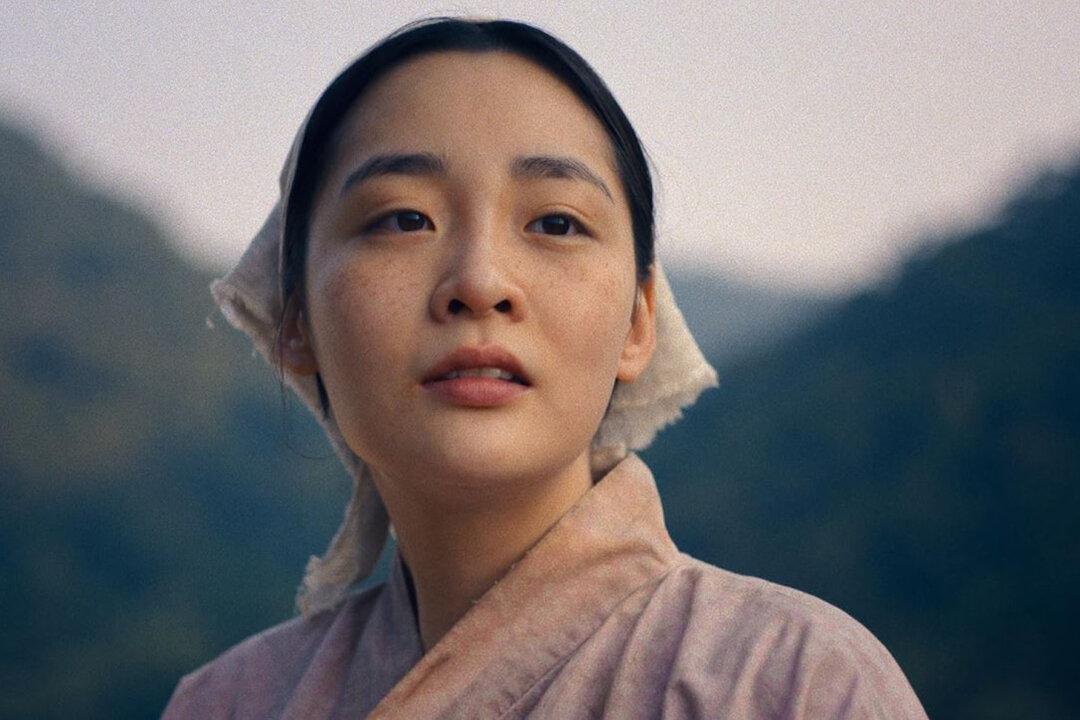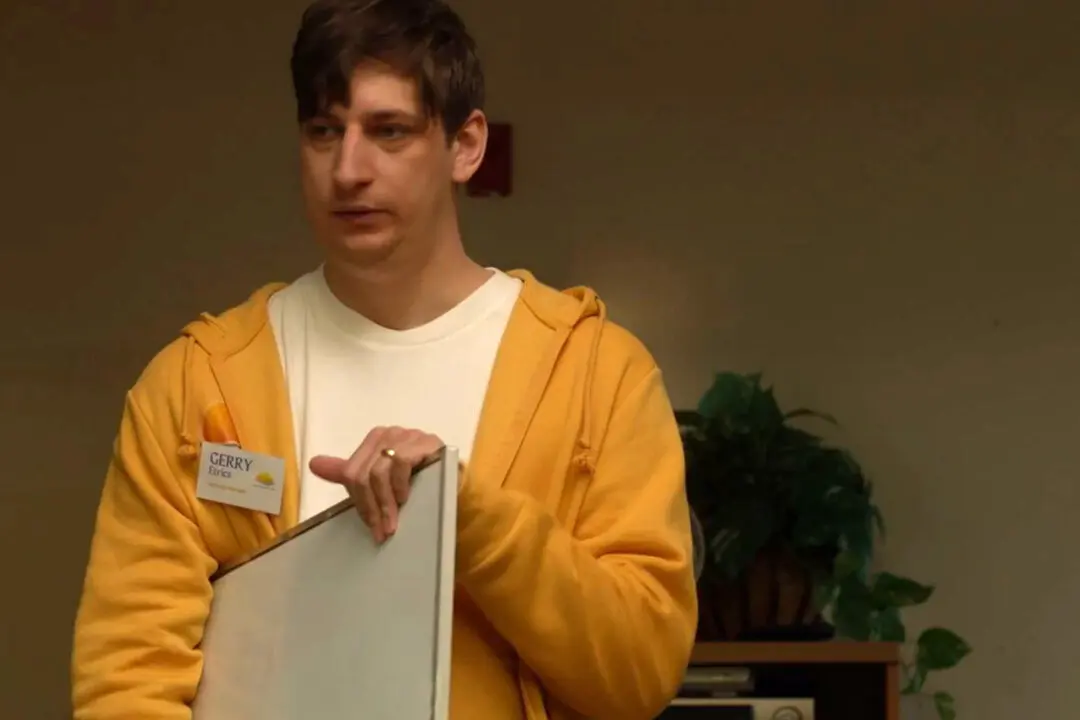TV-MA | 8 episodes | Period Drama, Drama | 2024
Historically, China and Japan have dominated the Western perception of Asian film: Think of the highly acclaimed “Shogun” remake. South Korea remains somewhat enigmatic, particularly when it comes to its turbulent history.






